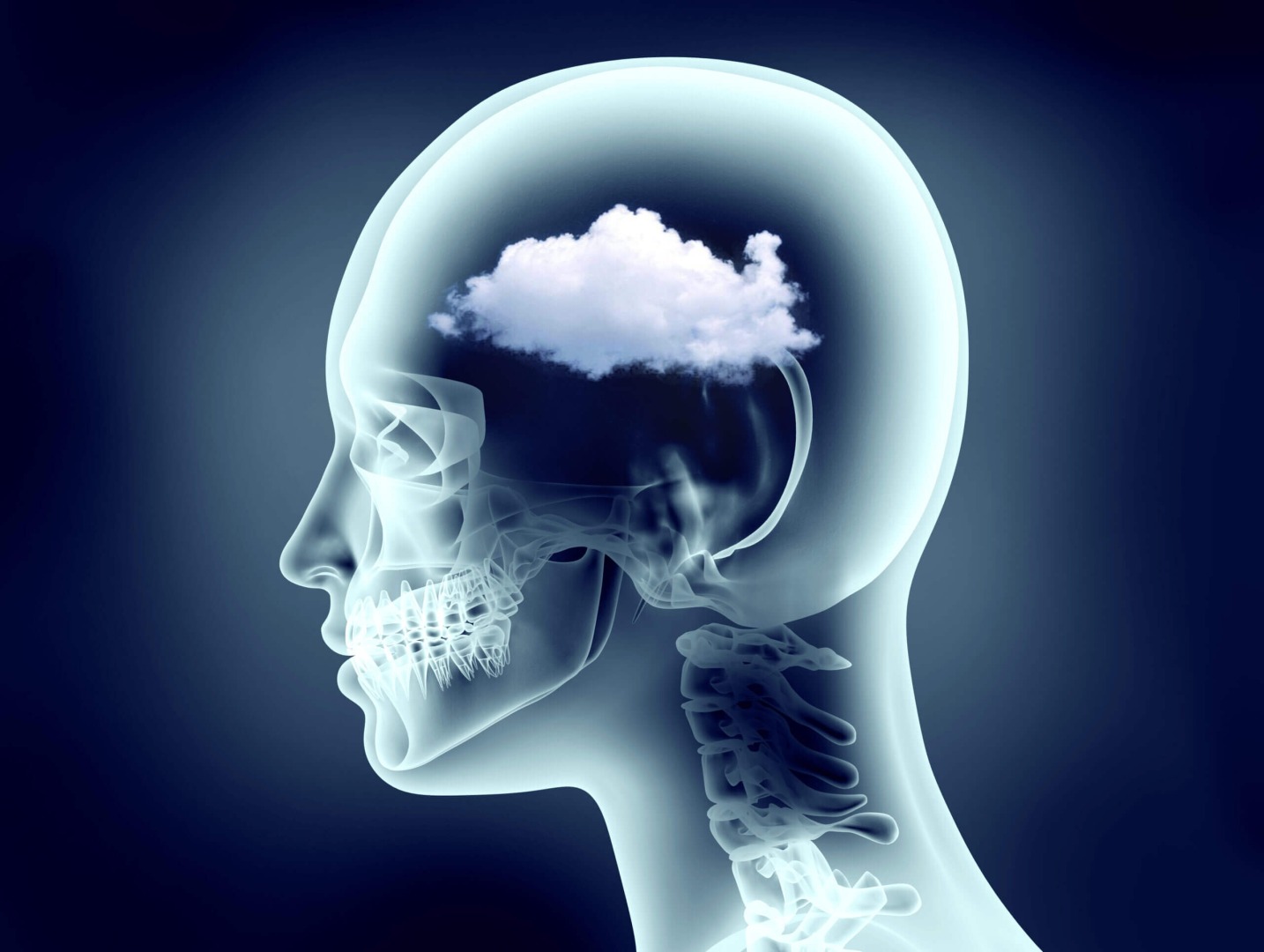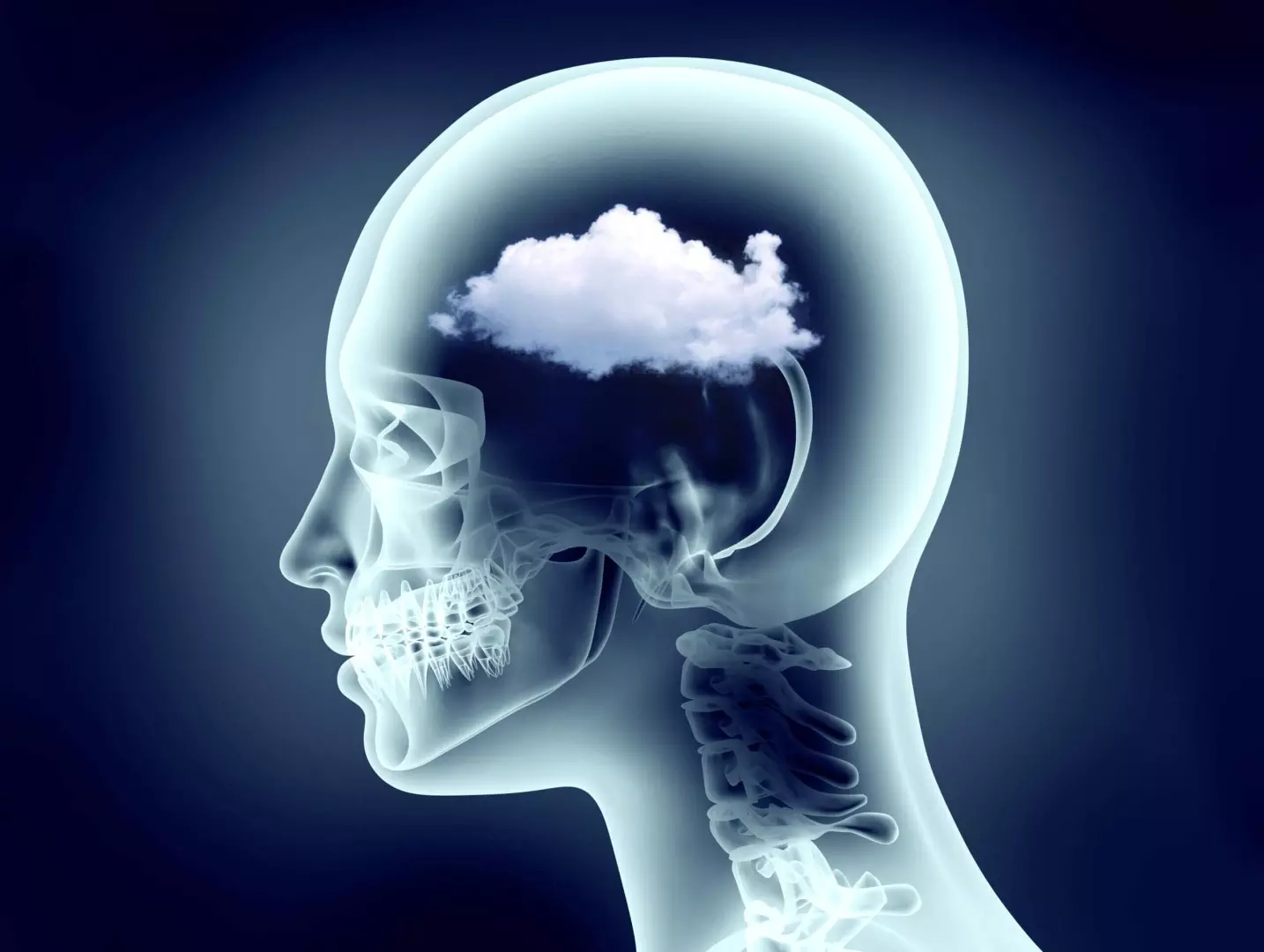Comments
- No comments found

The brain needs rest and care to function properly, just like other organs in the human body.
Unfortunately, many people forget that their brain is a physical organ that needs care. Those that neglect this part of their body eventually begin to experience a decline in mental function.
The brain is the messaging centre for the body. It works very quickly, taking in physical feedback and responding appropriately to each situation a person faces. It works in the background of life, so it’s easy for people to neglect it.
One result of this neglect is brain fog. Although not a medical condition in itself, brain fog describes a range of symptoms that may indicate other health issues. Fortunately, there are several steps people can take to reduce symptoms and keep their brains in sharp working order.

Imagine waking up late one morning and looking out the window. The landscape is covered in fog so thick it’s hard to see across the street. People outside are bumping into lamp posts and each other because they can’t see where they’re going. They’re calling to each other, but it’s hard to pick up on what they’re saying – everything seems a bit fuzzy.
Now transfer that image to brain function. People experiencing brain fog are unable to think quickly. They may have trouble following a conversation or struggle to concentrate. Brain fog is characterized by a lack of mental clarity that can be maddening.
Many different symptoms are associated with brain fog. Sometimes people only experience one, but usually, several occur simultaneously. In some cases, one can even lead to another, further impacting brain health. Here are some things individuals may experience:
Poor memory
Insomnia
Headaches
Forgetfulness
Emotional instability
Confusion
Anxiety
Exhaustion
Unfortunately, because brain fog is so frustrating, many people internalize their symptoms and believe something is wrong with them personally. Instead of realizing their body needs care, they may think, “I’m stupid today” or “I feel crazy.”
However, brain fog is simply a sign that a person is struggling with their physical health. Some people experience it occasionally after a stressful week or a sleepless night, while it’s become a chronic condition for others. There can be many different causes for brain fog.
In an ideal, healthy life, people eat a nutrient-rich diet. They are active during the day and get eight to nine hours of good sleep a night. Their hormones are balanced, and they aren’t stressed by internal or external factors. They have a rich social life and take regular breaks during work.
Unfortunately, this is not the experience of many modern adults. Brain fog is often a result of inflammation and fatigue due to a lack of personal care. Their symptoms may increase as their lifestyle continues to strain their body.
Many people don’t realize there’s a problem until their symptoms are quite strong. At that point, it will take time and effort to nurture their body back into balance. Fortunately, the human body is equipped to heal itself with the proper support. Every small step a person takes can increase the speed of their recovery.
Brain fog can also accompany hormonal changes. For example, pregnant women or those experiencing premenopause or menopause often struggle with memory, clarity of thought and other symptoms. Fortunately, these issues disappear as hormones rebalance.
Other causes of brain fog can be much more difficult to treat. For example, many people with chronic illnesses experience brain fog as one of their symptoms. Hypothyroidism, lupus and multiple sclerosis can lead to a lack of mental clarity. Sometimes, brain fog can also be caused by taking certain medications.
Brain fog can also be caused by a viral infection. For example, many people who had COVID-19 are experiencing a lack of mental clarity after recovery from the illness. Various symptoms are associated with “COVID brain,” including headaches, confusion and forgetfulness.
What many of these causes of brain fog have in common is inflammation. COVID-19 may be causing proteins to flood the brain and cause this problem. A lack of sleep, poor nutrition and nutrient deficiencies can also be factors. Finally, many chronic illnesses also cause inflammation in the body.

Brain fog can be a symptom of so many different health issues, so there’s no singular solution for improving it. However, people can isolate their symptoms and find a solution that will work for their personal situation.
The first line of defence against brain fog is enhanced personal care. Sleeping for eight to nine hours a night and eating a nutrient-rich diet with plenty of vitamin B-12 can reduce inflammation in the body and help balance a person’s gut health.
Reducing stress can also do away with brain fog. This affects people’s physical as well as their mental and emotional well-being. Isolating stressors is the first step toward eliminating pressure. It can also be very effective to increase activities that bring joy and a sense of belonging to a person’s life.
Investing in self-care through therapy and a chiropractor can also reduce stress and inflammation in the body. Some people may also benefit from eliminating environmental allergens, toxic cleaning chemicals and synthetic beauty products from their homes.
People that still struggle with brain fog after making healthy lifestyle changes should speak with a doctor. Brain fog symptoms could indicate an underlying health issue that requires intervention and care from a medical professional.
People experiencing persistent brain fog should keep a log of their daily symptoms. This information can help health professionals determine the underlying cause of brain fog and create an appropriate treatment plan.
The human brain functions with speed and clarity if it has the proper care. Brain fog is a sign that the brain is overworked, inflamed or struggling because of a specific health issue. Unfortunately, it’s common and affects many people every day.
Making lifestyle changes is the first step people can take to improve their mental clarity and concentration. Suppose symptoms persist or suddenly appear for previously healthy people. In that case, it’s a good idea for them to speak with a medical professional who is trained to look at patterns and discover underlying health issues.
The human brain functions quickly, clearly and without anxiety with the right support. The results of proper care are similar to the sky on a clear day. People with healthy brains experience improved concentration and focus, a good memory and overall mental clarity.
Emily Newton is the Editor-in-Chief of Revolutionized. She is a science and technology journalist with over three years covering industry trends and research.
Leave your comments
Post comment as a guest